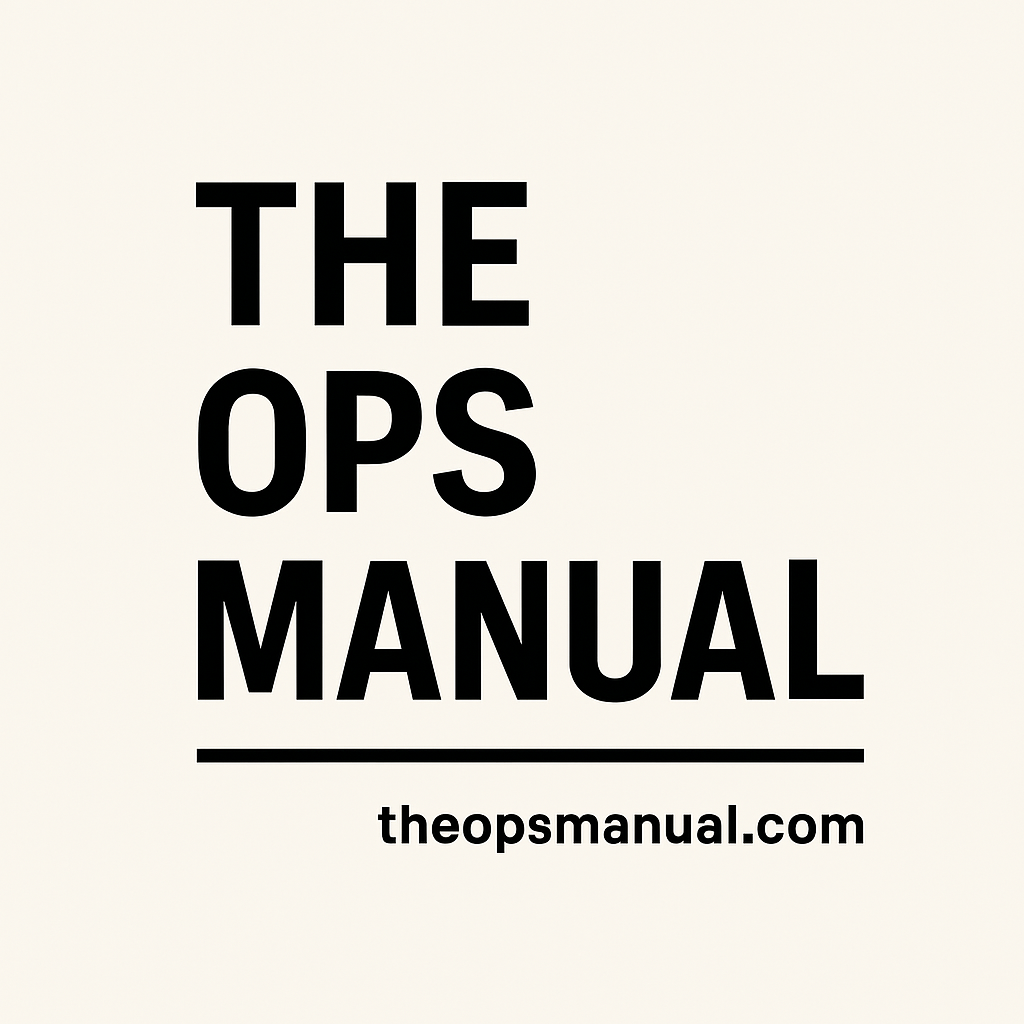We Don’t ‘Follow Up’ Anymore — Here’s What We Do Instead
“Did you follow up with them?”
“Yeah, I reminded them on WhatsApp.”
“Okay, send one more reminder…”
If your operations run on follow-ups, you don’t have a system.
You have a time bomb — and you’re holding it.
The Problem With Follow-Ups
Follow-ups are a coping mechanism for unclear ownership.
They exist because:
- Tasks aren’t tracked
- Responsibilities aren’t single-threaded
- No system escalates inaction
- And people learn they can ignore things without consequence
We’ve been there.
Factories, warehouses, admin — it’s always the same.
And one day we just said: we’re done following up.
The Replacement System
Here’s what we built instead.
1. Every Task Has an Owner — Not a Group
If it’s assigned to a department, WhatsApp group, or "team", it won’t get done.
We assign every task to one person — with name + deadline visible.
If one person can’t be held accountable, you’re not delegating — you’re broadcasting.
2. Task Review Rhythm
Every task gets reviewed twice a week, in a 15-minute ops huddle.
No updates = visible.
No hiding behind “I was just about to…”
Tool used: A single Google Sheet with:
- Task
- Owner
- Deadline
- Status
- Last update date
3. Escalation System
No follow-ups. No reminders.
If a task is late or ignored, it’s escalated automatically to a higher level.
Missed twice? The task owner explains it directly to the director. In writing.
This makes follow-up a structural consequence, not a personality trait.
4. Chasing = System Failure
We reframed internal ops.
If someone had to follow up, that meant our system failed.
That’s the bar.
So we made it clear:
- You own the task.
- The system shows the deadline.
- We won’t ask twice.
5. We Track the System, Not the People
It’s not about catching people. It’s about preventing missed execution.
So we:
- Review the tracker — not memory
- Improve the SOP — not blame
- Reward visibility — not fire-fighting
The Result
- Ops team stress dropped
- Management stopped micromanaging
- Work actually moved without chasing
- People took ownership of systems, not just tasks
We didn’t need a new tool.
We just needed a new definition of done.
Final Thought
If your business needs reminders to function, you don’t need a follow-up.
You need an operating system.
Next up: The Weekly Review System That Actually Gets Used
